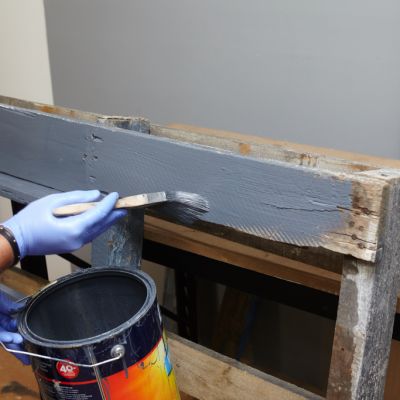When is renovating a good idea and when is it foolish overcapitalising?
If you’re renovating because you want to improve the house you live in – with a view to staying in it long-term – you can spend whatever the budget allows.
But if your goal is to sell your house eventually, and boost its value through your renovations, you need to take a bit more care.
Think about what other houses sell for in your neighbourhood. Usually, an area has an upper price limit. If you renovate so extensively that you’d need to sell for more than that to recover your costs, you may have a problem.

Think about what future buyers might want and use that as a guide to where you spend the most money.
Anything too personal may not improve the house’s broader appeal.
A good kitchen and bathroom tend to add value.
Anything that helps a house become more energy-efficient, or warm and dry, is also increasingly sought-after.

What are the most important factors when deciding which bank to go with for a mortgage?
Mortgage adviser Bruce Patten says most people focus on cashback offers and interest rates, which aren’t always the most important things.
He said people should think about the term of the loan they were being offered.
“Most people automatically take a 30-year term, meaning they pay the loan back plus the same amount again in interest over the 30 years. By taking a shorter term, they pay less interest and save tens or even hundreds of thousands of dollars.”

He said borrowers should also consider the structures the bank was proposing.
“Should I do fixed or floating or both? How long should I fix for? Am I going to have a child soon? A lot of people go for the cheapest rate and don’t consider what the future may hold with rates, then they find the fixed-rate comes due, and their repayments have gone up.”
They should also look at the products the lender had and how they would suit. That might be things like whether they could make lump sum repayments.
Another adviser, Glen McLeod, said people should consider the relationship they had with an organisation and how flexible it would be to meet their needs.
This article originally appeared on stuff.co.nz
We recommend
We thought you might like
States
Capital Cities
Capital Cities - Rentals
Popular Areas
Allhomes
More










